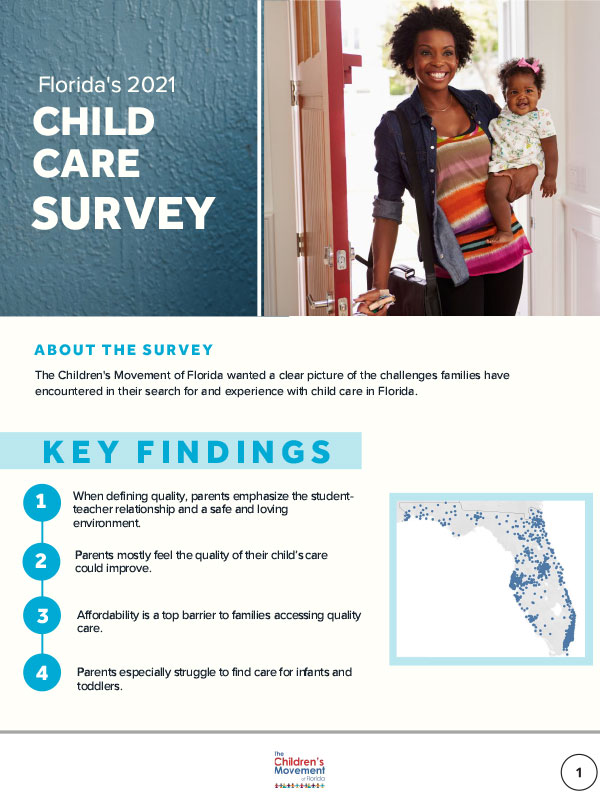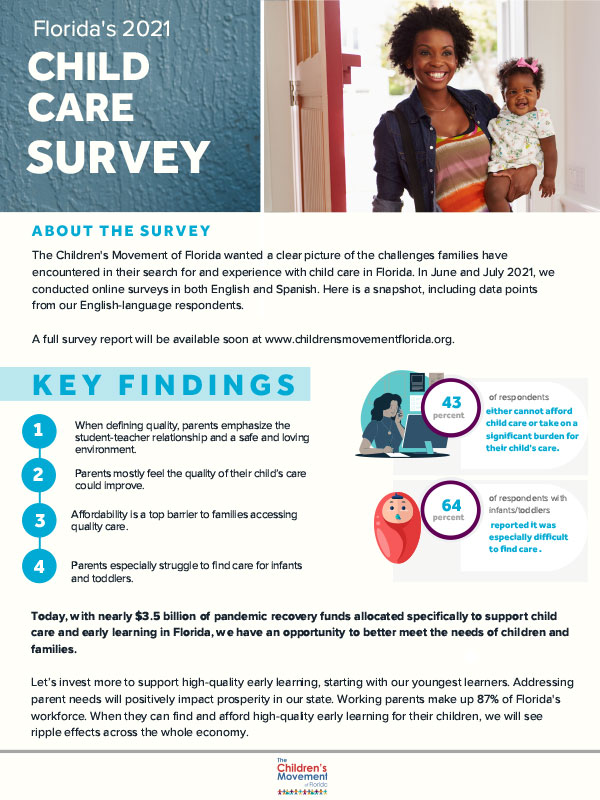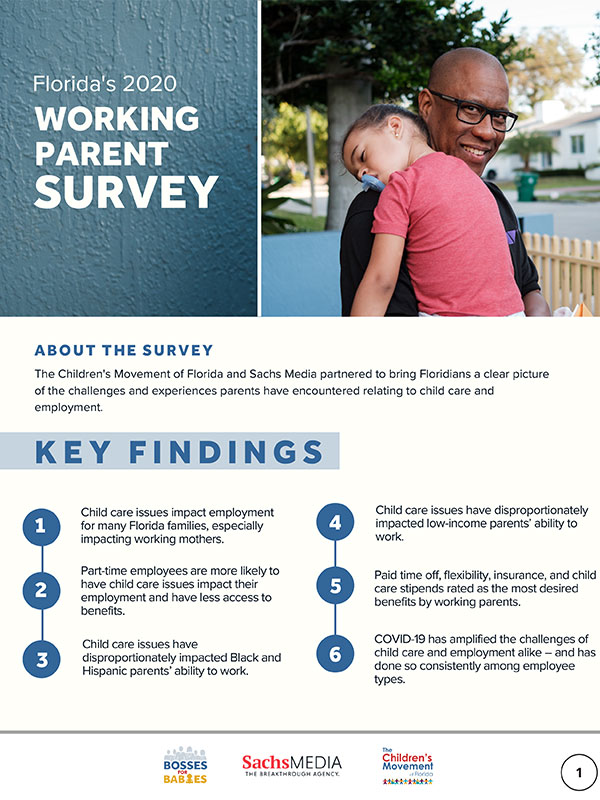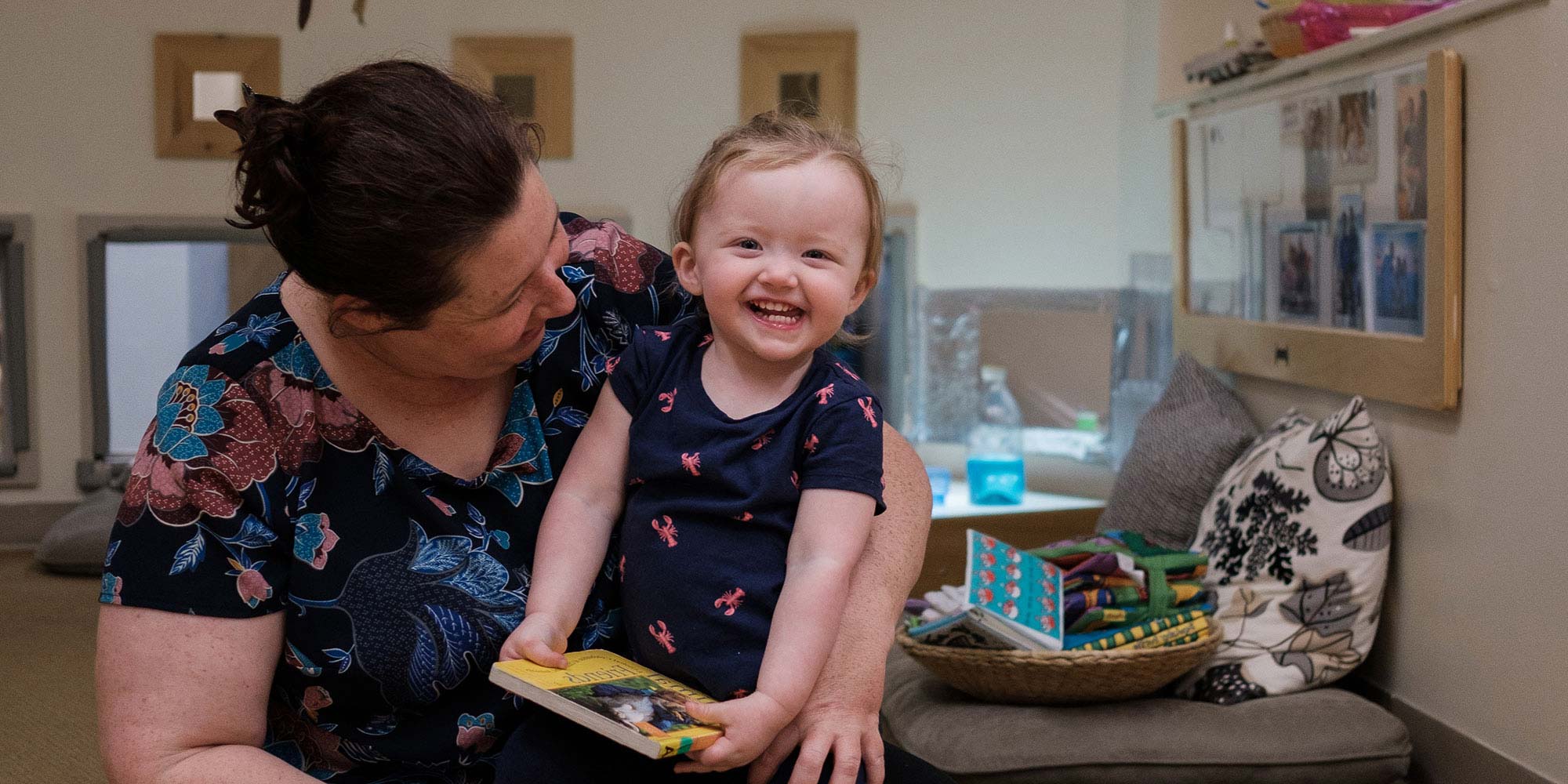Great parents are built, not made.
Florida needs to support parents with the tools, services and resources they need to raise healthy, happy children. Whether that’s information on developmental milestones and early intervention, how to sign up for high-quality early learning opportunities, or what’s happening in our state Capitol that affects them, The Children’s Movement of Florida is here to help.
Florida Parent Leadership Network
Join a special community of parents and caregivers from across Florida who want to make a difference for children and families.
Be an advocate
The Movement hosts advocacy trainings for parents, educators and anyone interested in early childhood. Learn about how policy and funding decisions are made in Florida, when and how to speak with legislative leaders, and the power of relationships.
Explore our parenting tips.
Tiny Teachable Moments

Keep your little one calm at home
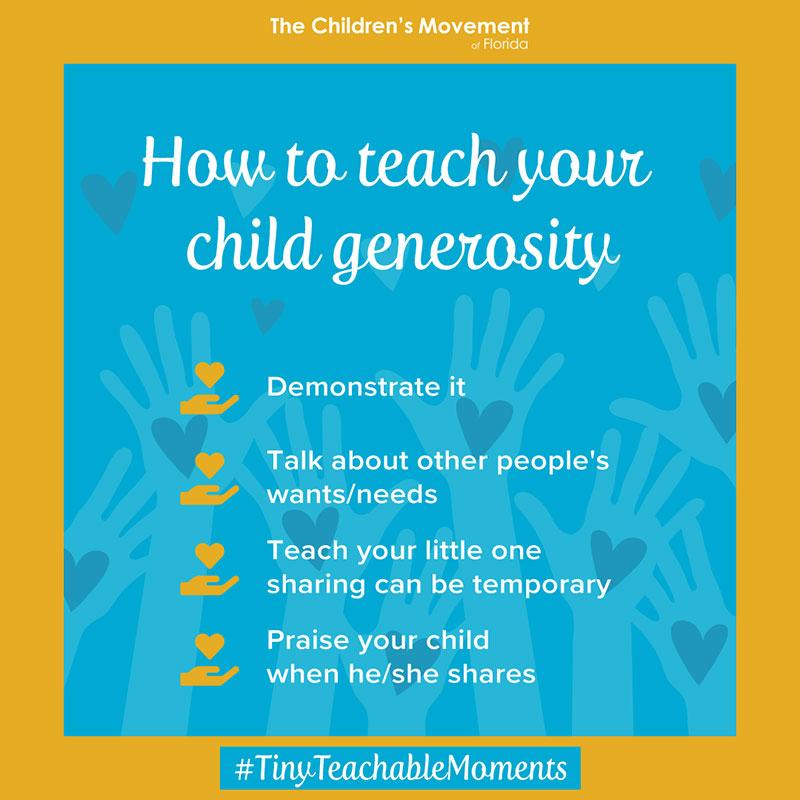
How to teach your child generosity
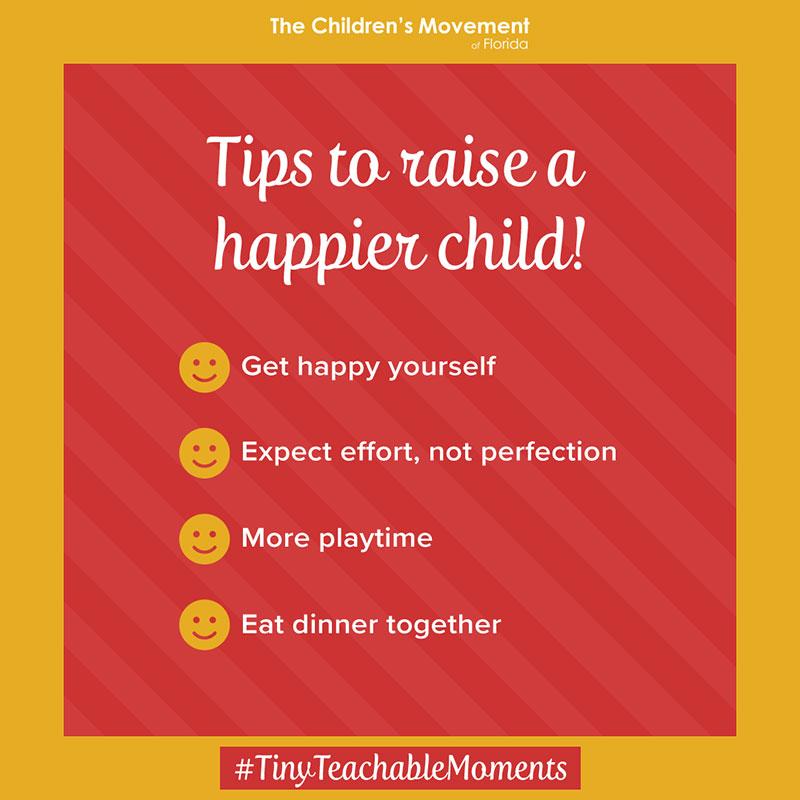
Tips to raise a happier child
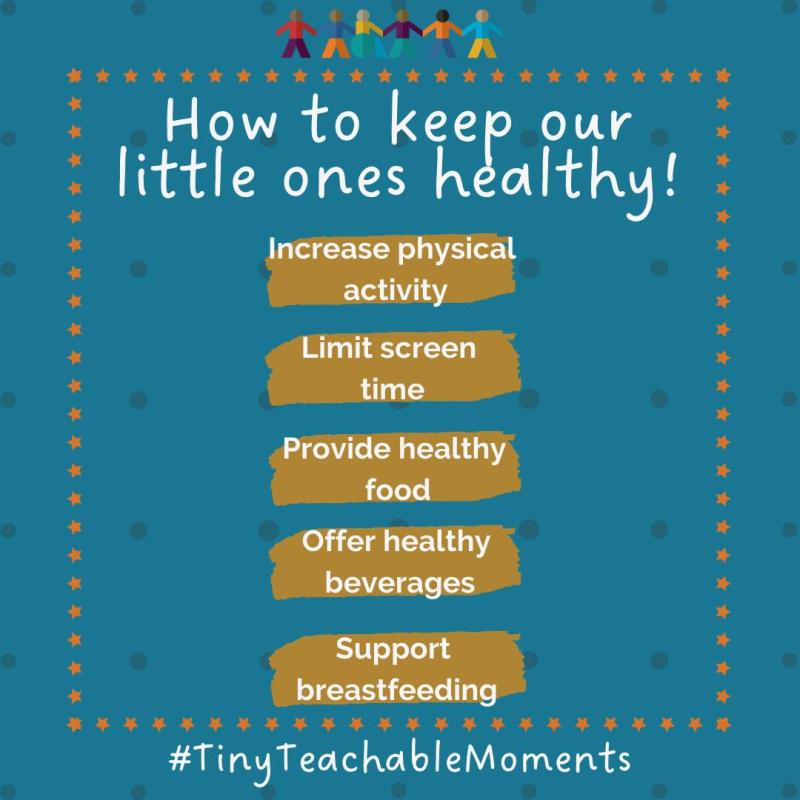
How to keep our little ones healthy!
Brain Building
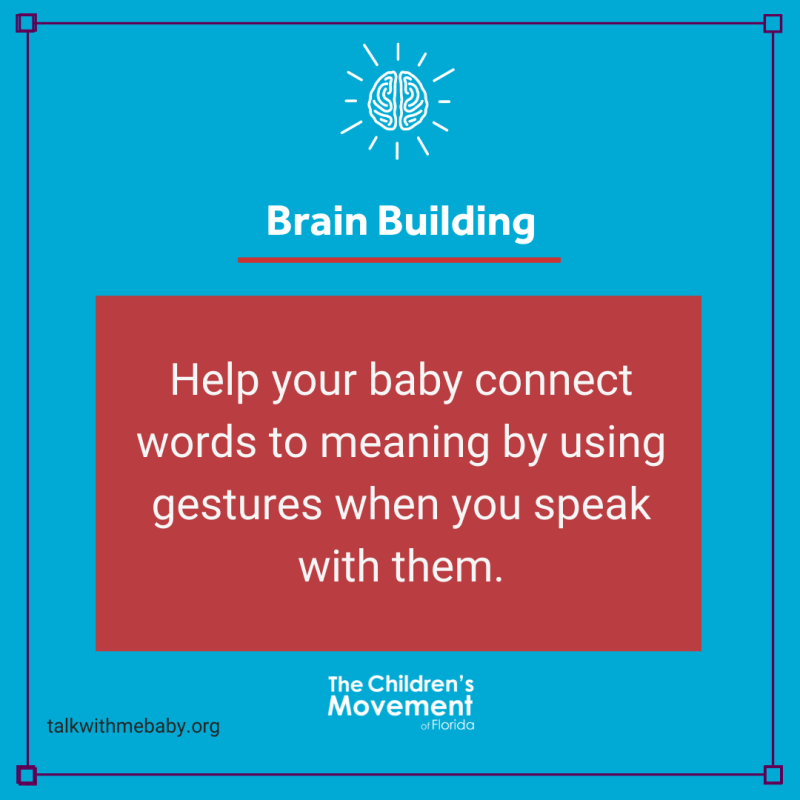
Help your baby connect words to meaning by using gestures when you speak with them.
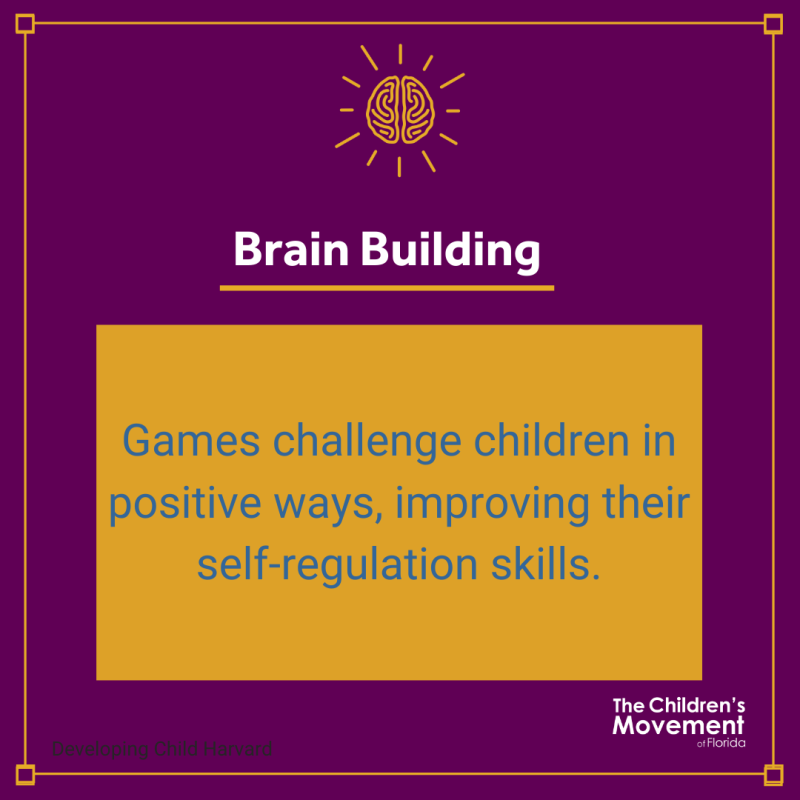
Games challenge children in positive ways.
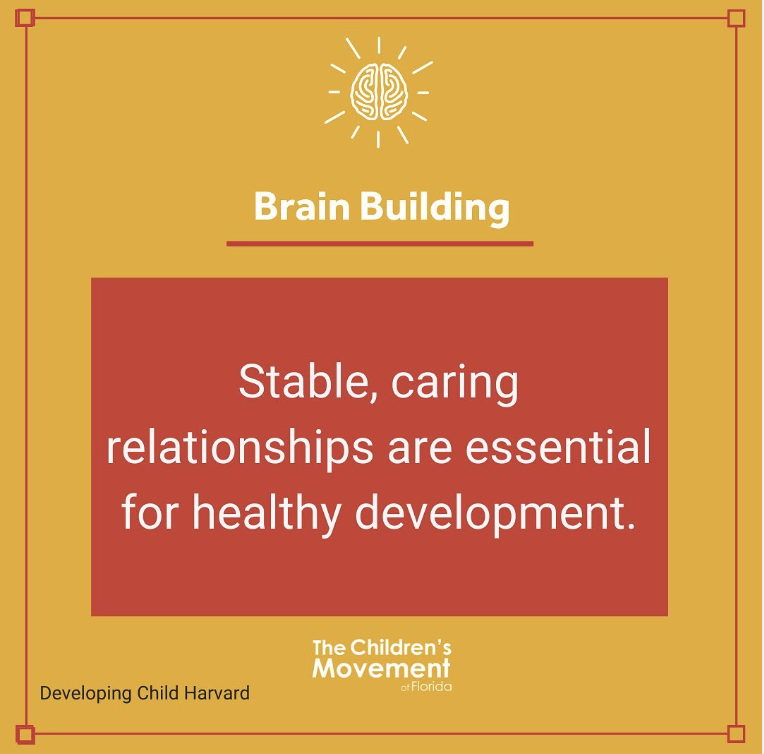
Stable, caring relationships are essential for healthy development.
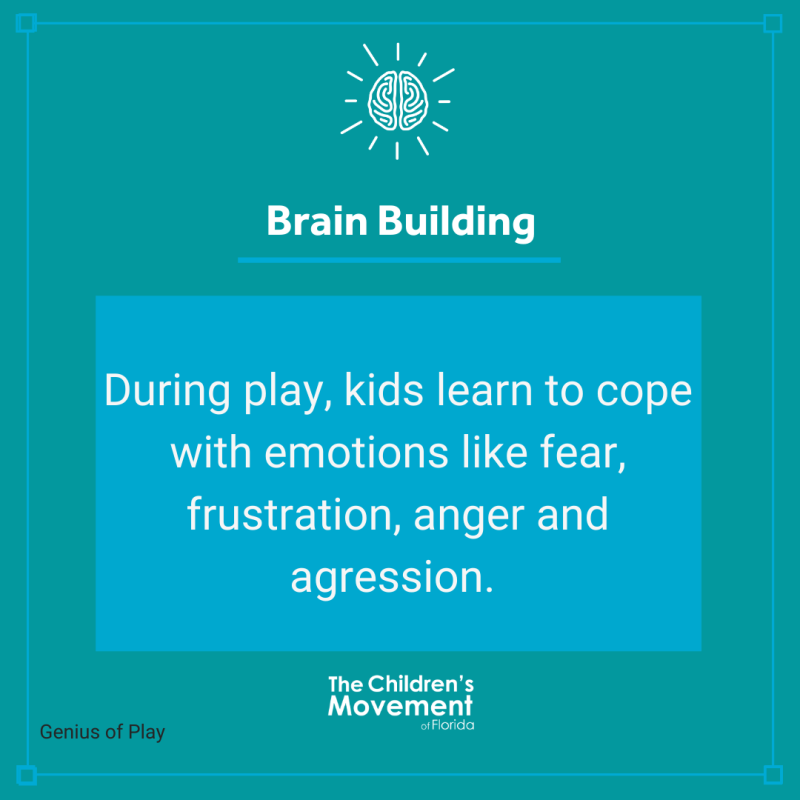
During play, kids learn to cope with emotions like fear, frustration, anger and aggression.
Florida Grade Level Reading Tip Sheets
Explore this bilingual campaign created in partnership with Florida Grade Level Reading Campaign and the University of Florida’s Lastinger Center.
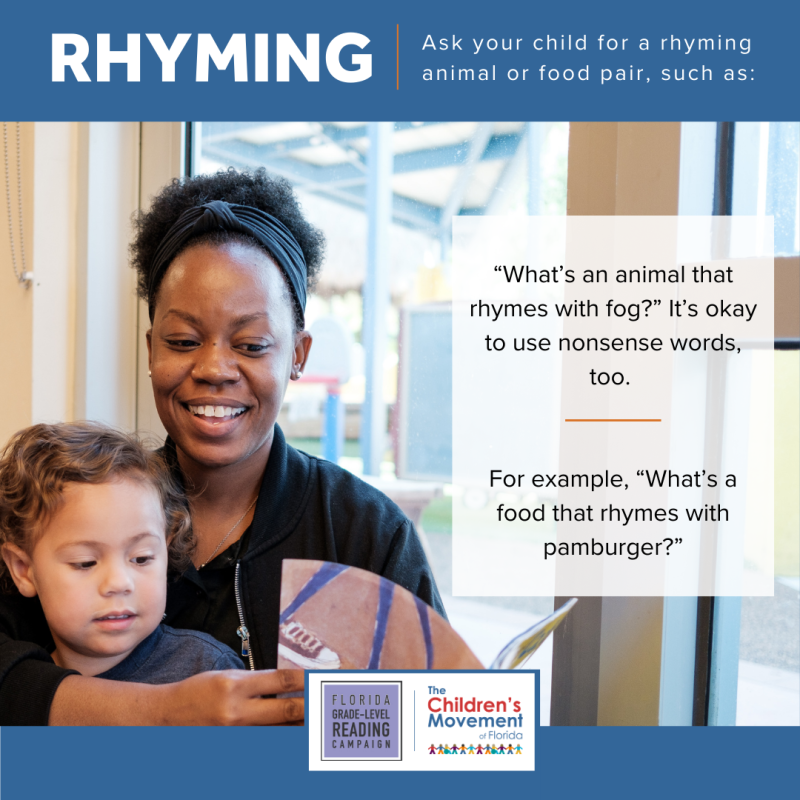
Rhyming
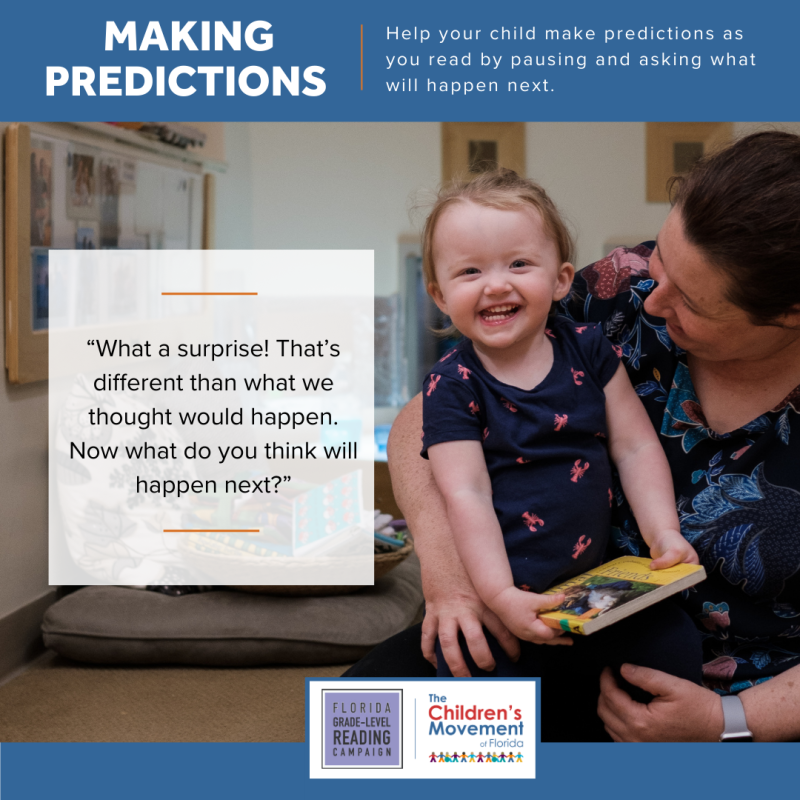
Making Predictions
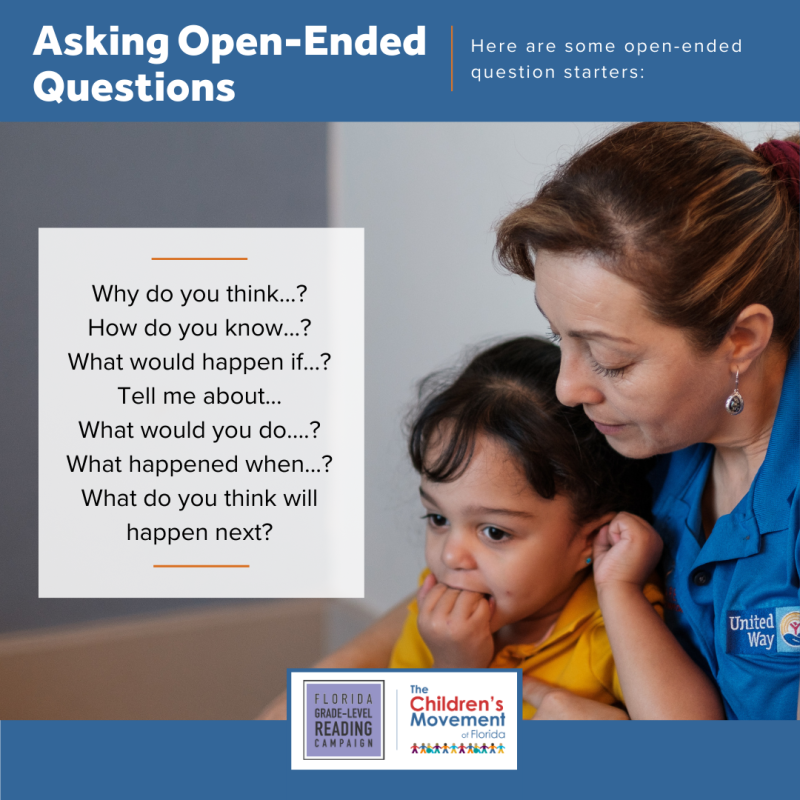
Asking Open-Ended Questions
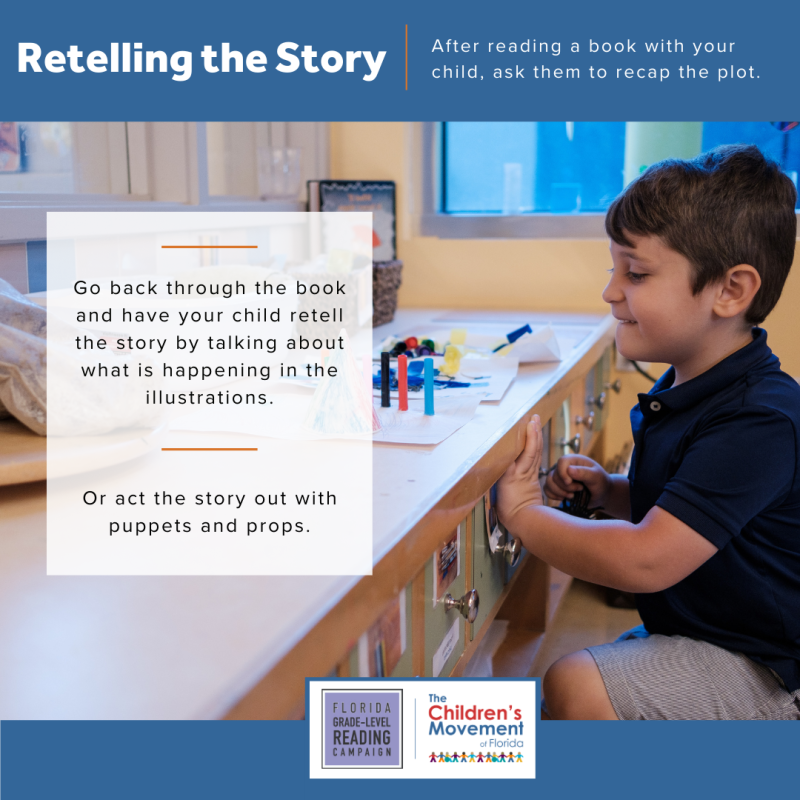
Retelling the Story
Teachable Moments
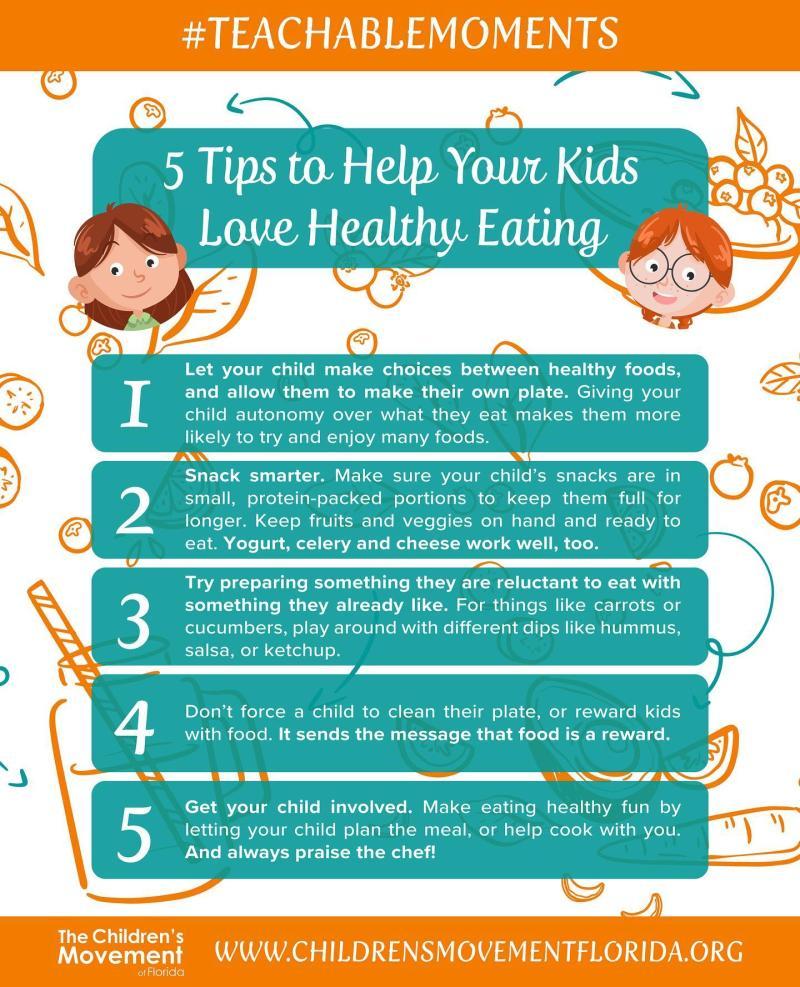
5 Tips to Help Your Child Love Healthy Eating
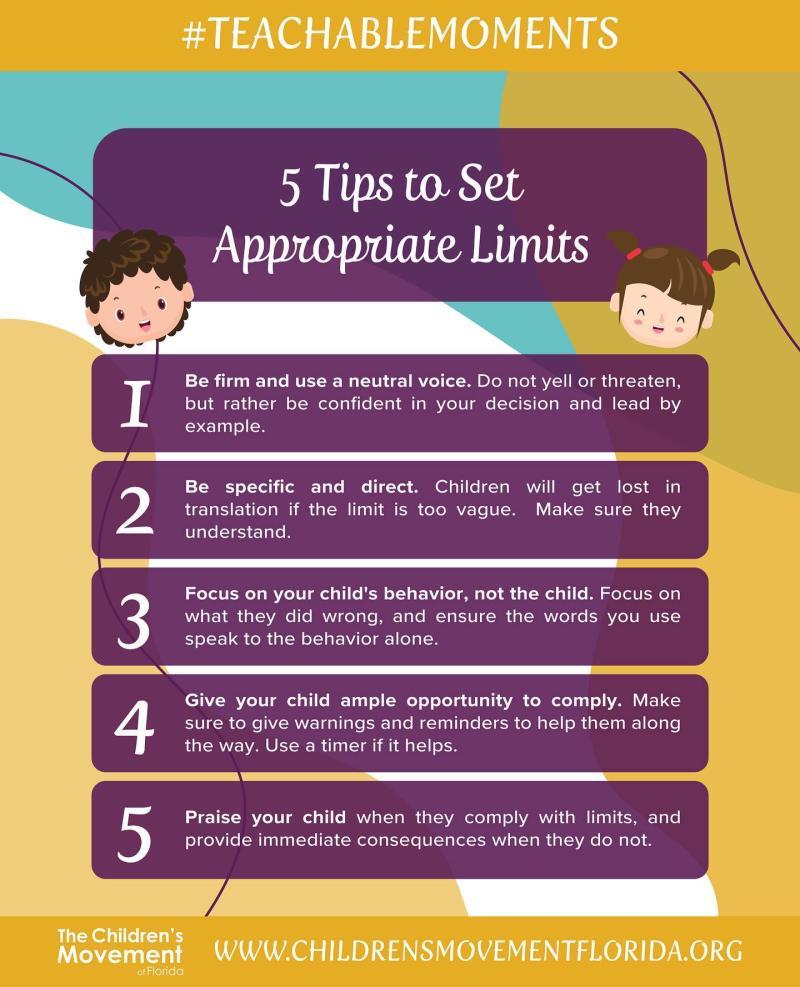
5 Tips to Set Appropriate Limits
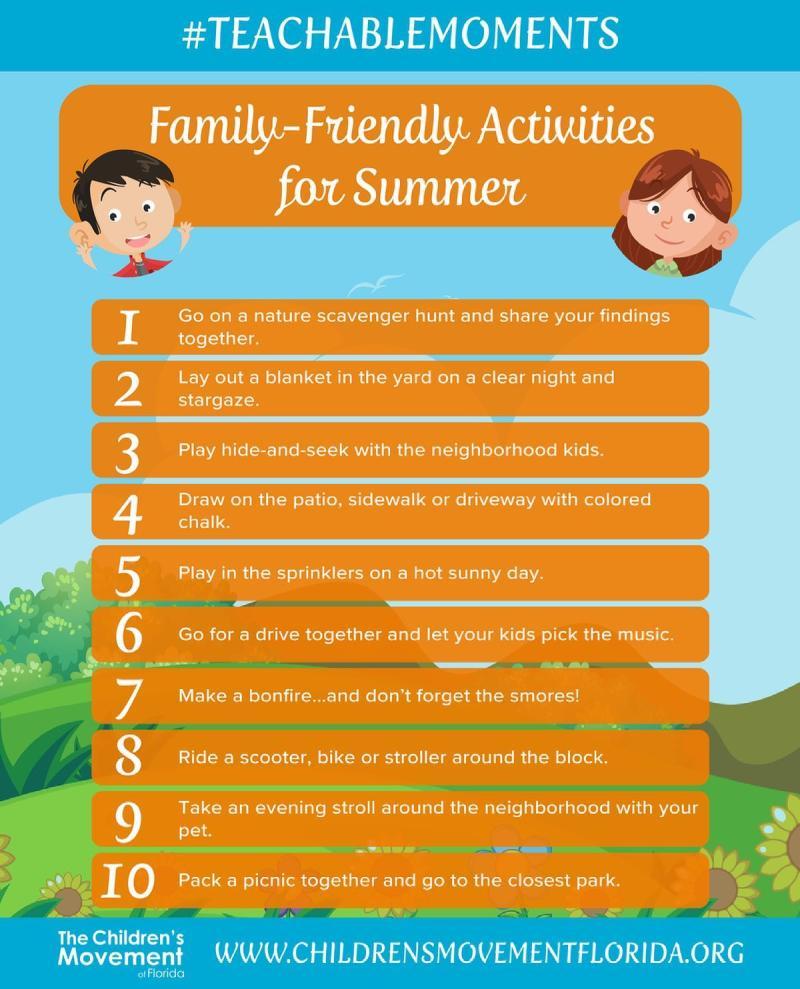
Family-Friendly Activities for Summer
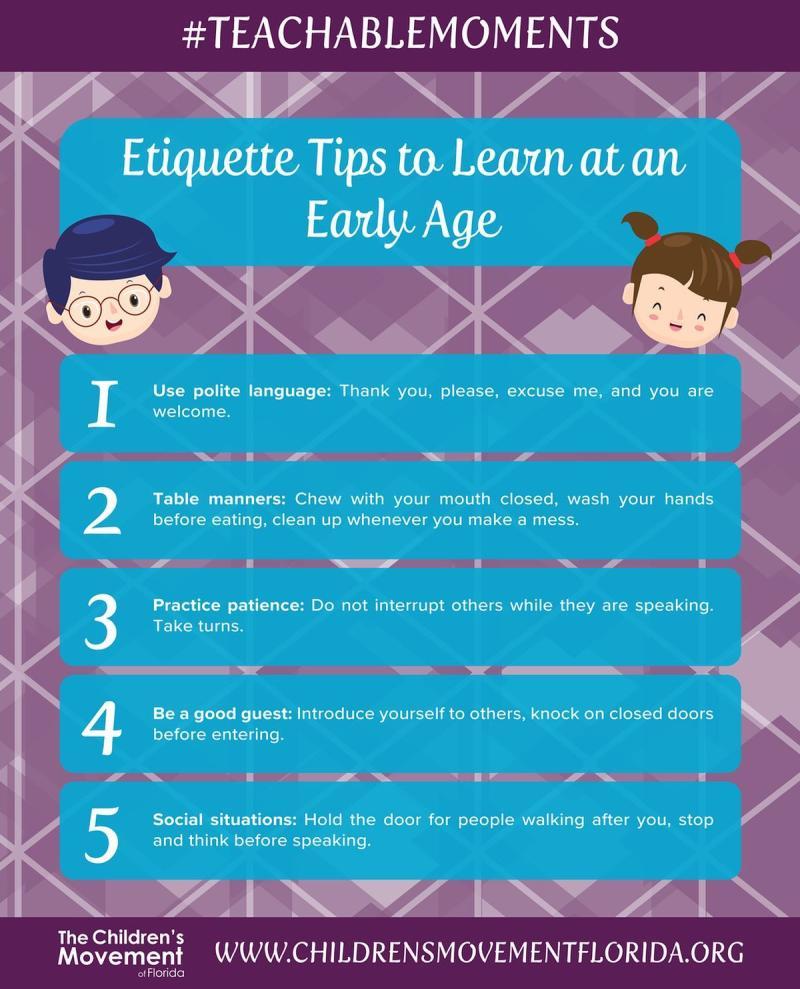
Etiquette Tips to Learn at an Early Age
What we’ve learned from Florida parents
We believe that listening to parents is critical to addressing their needs. Explore the results from our recent surveys.
